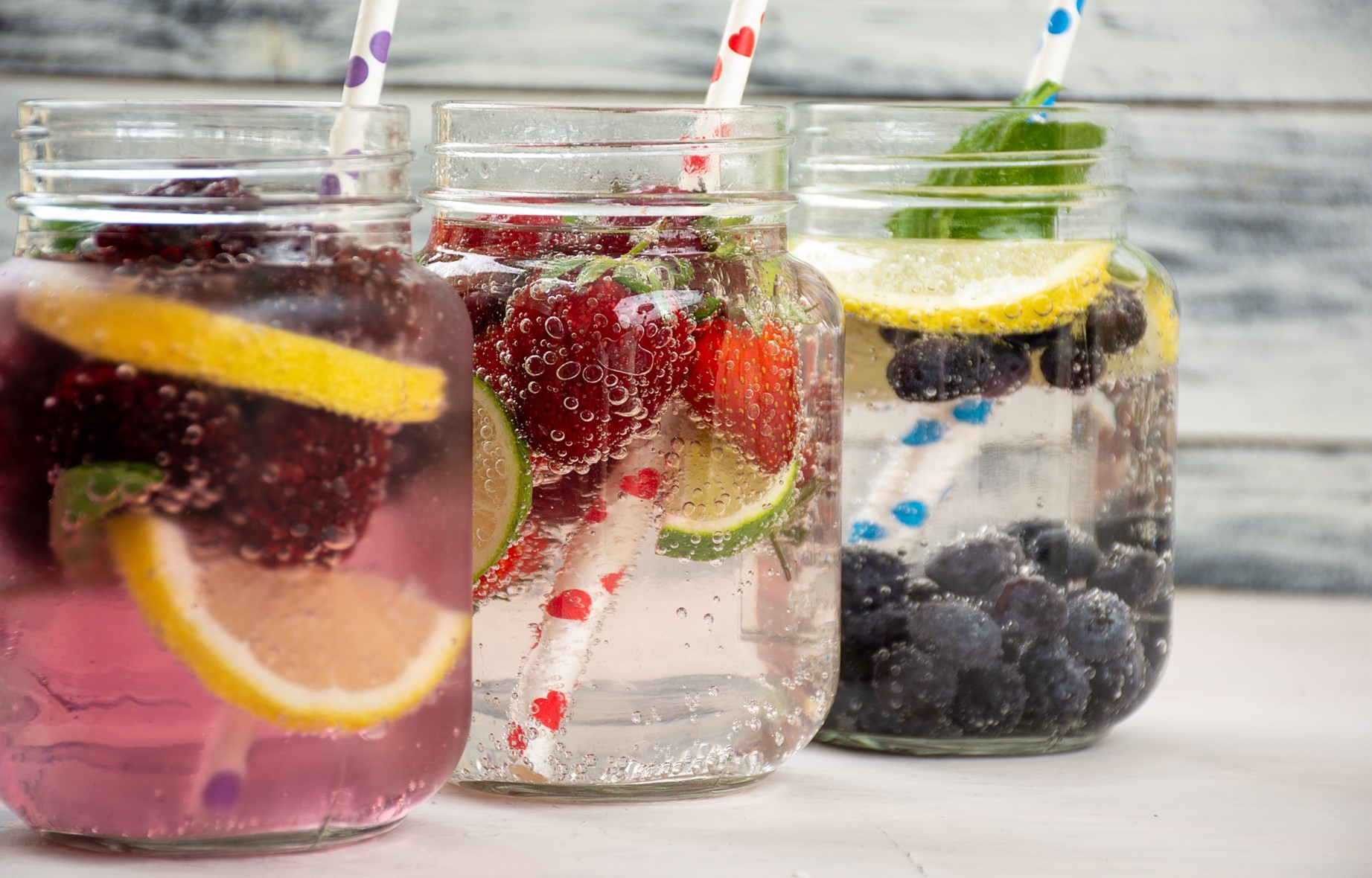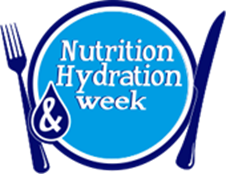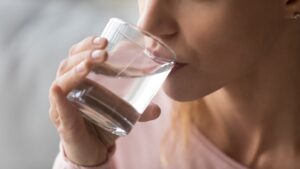Tips for Staying Hydrated this Nutrition and Hydration Week
Every year Nutrition and Hydration week takes place in March, this year, (2024) it is from the 11th – 17th.
The aim of this week is to globally promote nutrition and hydration as a fundamental element to maintaining our health and wellbeing. The human body is approximately 60% water, so fluids really are our lifeline.Water is required to support many of the day-to-day functions within the body that are key to our survival. These include circulating oxygen and nutrients around the body, removing waste products, regulating body temperature and acting as a shock absorber in joints. Drinking water and maintaining good hydration are vital to health both in the short and long term.
How Much do I Need to Drink?
There’s no clear answer to exactly how much you need to drink each day because the weather, physical exercise, air-conditioning, our health and other factors can all influence how much fluid we need – and sometimes these happen all at once!
For most of us, drinks provide about 70-80% of our daily fluid intake, and the remaining 20-30% comes from foods such as soup, stews, some fruits, and vegetables, which contain a lot of water.
An adult male typically requires about 2 litres, and a female about 1.6 litres of fluid daily. Fluid requirements increase in some specific conditions, such as pregnancy (+ 300 ml) and breastfeeding (+700 ml).
Signs that suggest you may be dehydrated
Many people rely on feeling ‘Thirsty’ to gauge when they are dehydrated. However, thirst is not a good indicator of hydration because if you are thirsty, you are already dehydrated. The best way to stay in fluid balance is to lookout for signs of early dehydration. Dehydration can have serious consequences on health and well-being, so it’s best to act as soon as you start to have any of the symptoms below:
- The brain is 70% water, so it’s very sensitive to a drop in hydration levels. Just a slight decline in water balance can cause a headache.
- Tiredness: blood volume decreases as we become dehydrated, meaning the heart has to work a bit harder to pump oxygen and other important molecules around the body. Our muscles and brain don’t receive the oxygen and nutrients they need to power up.
- Lack of concentration: as the brain loses water, cells don’t function as they should, causing confusion and lack of focus.
- Constipation: regular sub-optimal fluid intake results in hard stools and constipation.
- Urinary tract infection (UTI): bacterial infections can settle in the bladder if regular ‘flushing’ is compromised.
- Kidney damage: Some studies suggest that even mild dehydration can lead to kidney damage if it occurs regularly.
Remember – if you have a high temperature, you will need more fluids to maintain your core body temperature.
Fluid requirements also increase during and after strenuous physical activity. Sports activities result in water becoming lost in sweat. Remember to ensure you replace those lost fluids, along with electrolytes potassium, magnesium and sodium.
Which Drinks are Best?
It may sound obvious, but aim to drink fluids you enjoy, as this will help increase your fluid intake. For example, it’s no good brewing endless mugs of Rooibos tea if you don’t really like it. You will just put off drinking something you are not keen on, which will reduce your fluid intake by the end of the day.
Drinking water is one of the best ways to hydrate, but green tea, fruit teas, herbal tea, low-sugar squash, diluted water and fruit juice mixes (minimum 4: 1),and moderate amounts of unsweetened tea and coffee all provide fluids to help keep you remain hydrated.
Be careful with fruit-based drinks, supermarket ‘health’ drinks, carbonated fluids and pure fruit juices. While these drinks won’t harm you if you have them occasionally, they can be high in sugar, energy, chemicals and microplastics (if they come in a plastic bottle).
Tips for Staying Hydrated
Many factors can influence our fluid requirements, so it is best to be aware that your requirements are often different depending on what you’re doing and where you are each day.
- Drink a glass of water first thing in the morning.
- Invest in a personal water bottle and take it everywhere!
- Listen to your body and learn the signs that indicate you need to drink more.
- Drink a glass of non-sweetened fluid, such as having water before each meal.
- Monitor the colour of your urine. Your urine is a pale straw colour when you are hydrated. If your urine becomes darker, its time to have some fluid.
- Moderate caffeine and alcohol intake.
- Drink regularly, little and often
- Drink more when the weather is hot and/or humid
About Ms Wilson
Juliet Wilson is a Consultant Dietitian who specialises in several key areas of Nutritional Medicine including, metabolic health (weight loss, PCOS, insulin resistance and type 2 diabetes), inflammatory disorders (arthritis, psoriasis, eczema, acne) and sports and exercise nutrition. Juliet has been intrinsically involved in nine Olympic and international sports events including London Olympics 2012, Rio 2016 and now Paris 2024. In addition, she is an Associate Professor (Hon) at Nottingham University, which enables her to expand her expertise in nutrition and provide specialist guidance to her clients.
For further details and to schedule a Consultation or a Nutritional Assessment, please call 0207 079 2100 or click here for more information.








